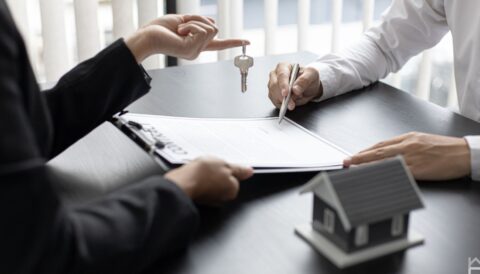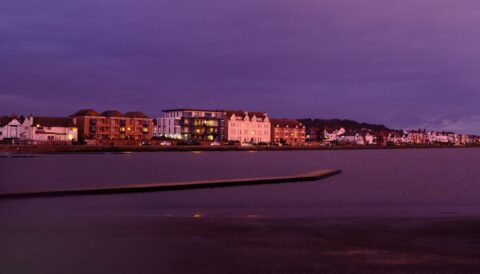Calculations generated by Zoopla Comparables report, from a 3-12 month period within 1 mile radius of each location.
Legionella Risk Assessment Service
Protect Tenants with an LRA
If there is one thing 2020 taught us, it is that the microscopic can have a massive impact, but while global pandemics may come and go, it is always the responsibility of landlords to take certain actions to protect tenants. A Legionella Risk Assessment, or LRA is vital in identifying potential risks of Legionella bacteria in water systems to ensure safety and prevent Legionnaires’ disease. Just like other safety evaluations, this assessment is no different and is a required procedure for rental properties, ensuring that landlords comply with health and safety regulations to protect tenants from potential health hazards.
What is Legionella?
Legionella is a form of bacteria which can cause Legionnaires disease – an atypical and potentially fatal pneumonia. The disease is not contagious, and is instead caused by breathing tiny droplets of water which contain the bacteria. Legionella can be present in the natural environment, and may grow in domestic water systems – although most modern water systems are considered low risk due to the regular usage and flow of water.
Although they can survive in low temperatures, Legionella bacteria thrive between 20 and 45°C and die at temperatures of 60°C or more. For more information, you can refer to parts one and two of the Health and Safety Executive’s publication on Legionnaires disease.
Why is Legionella testing a landlord’s responsibility?
Legionella bacterium can be present in domestic water systems and, while it is uncommon, it is the responsibility of all landlords to evaluate their properties for risk of disease caused by Legionella. Assessments must, therefore, be done to identify and eradicate potential sources of exposure. If discovered, landlords must take subsequent remedial action to eliminate any risk of infection.
Although the risk of Legionella disease is generally low, landlords who have not taken the necessary precautions to protect their tenants, may incur heavy fines. Diseases, such as Legionnaires, caused by Legionella bacteria can be fatal and, if a tenant were to unfortunately die, a landlord could face imprisonment.
What do landlords need to do?
Wirral Homes advise that only a competent person with the relevant understanding, knowledge of the disease and qualifications to carry out a risk assessment on your property, undertake any assessment. If there are hazards identified, control measures need to be put in place, and supporting documentation needs to be kept and renewed regularly.
Assessments should be carried out every 2 years, or more frequently if there is a significant change to your water systems or the property remains vacant for a long time.
What we can do
Our mission at Wirral Homes is to take the pain out of property management – so if you’re letting a property, you can let us deal with the stresses and strains of things like Legionella testing and monitoring. That way, you know your home and your tenants are in good hands as we use our expertise and experience to source the people you need at the best price. Contact Us today to see how we can help.
Accreditations & Partners




















